March 14, 2019
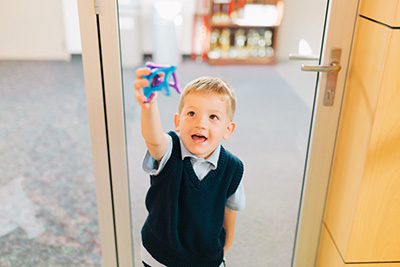 Early Childhood Curiosity Day
Early Childhood Curiosity Day
Mounds Park Academy
Friday, April 26, 2019
8:45 AM-10 AM
RSVP >
In Lower School, students experience hands-on, interdisciplinary learning, while ensuring the curiosity and sense of wonder they come to school with flourishes. Our small class sizes enable the teachers to stay closely attuned to the gifts and challenges of each student, and make sure each child has the attention they deserve.
Here at MPA, we believe learning is a life-long process. We want our students to stay excited and curious about learning, and that is something we aim to achieve every day in our classrooms and around school. We believe this is achieved daily through the enthusiasm that can be seen in classrooms, discussions, and activities.
Experience this curiosity for yourself at our Early Childhood Curiosity Day on April 26 beginning at 8:45 AM! This very special event is for families who are interested in MPA’s PreK or kindergarten program. Join us as we explore curiosity and literacy in conjunction with the release of the latest Curious George seek-and-find book. At MPA, we learn by doing and this event is no exception. Activities will include a story walk, singalong, and seek-and-find fun in addition to diving into Curious George’s most recent story.
Following the activities, children and adults alike will be provided with a snack and invited to play and explore in our Makerspace—the only PreK-12 space of its kind in the Twin Cities—spend some time on our sprawling playground (weather dependent), or visit our PreK and kindergarten classrooms. All families will leave with their own copy of this Curious George book, compliments of MPA.
For more information and RSVP, see moundsparkacademy.org/visit, email admission@moundsparkacademy.org, or call 651-748-5577. Come be curious with us!
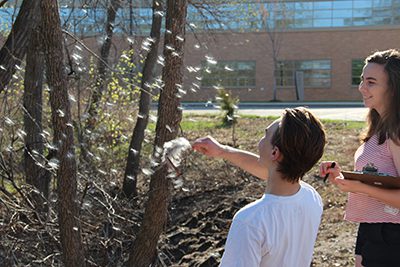 by Renee Wright, Lower School Director
by Renee Wright, Lower School Director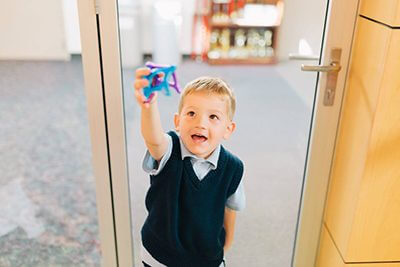 Do you have a friend, colleague, or neighbor who would love MPA? Invite them to MPA’s Early Childhood Curiosity Day on April 26! It will be a fun morning with activities that include a singalong, a story walk, play time in the Makerspace, and much more.
Do you have a friend, colleague, or neighbor who would love MPA? Invite them to MPA’s Early Childhood Curiosity Day on April 26! It will be a fun morning with activities that include a singalong, a story walk, play time in the Makerspace, and much more.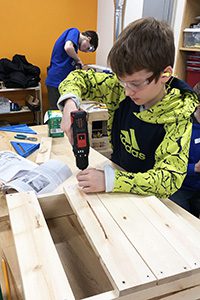 “Look what I made in the workshop!” and “I’m excited to design my own project!” will be regular phrases said by students who take Ms. Koen’s Beginning Carpentry enrichment course this summer. In Nuts and Bolts: Beginning Carpentry, students will learn how to safely use the tools and materials in the Makerspace, while creating a game or toy of their choice.
“Look what I made in the workshop!” and “I’m excited to design my own project!” will be regular phrases said by students who take Ms. Koen’s Beginning Carpentry enrichment course this summer. In Nuts and Bolts: Beginning Carpentry, students will learn how to safely use the tools and materials in the Makerspace, while creating a game or toy of their choice. Early Childhood Curiosity Day
Early Childhood Curiosity Day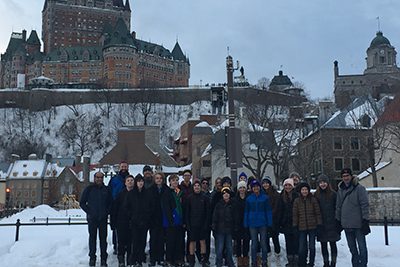 by Dr. Bill Hudson, Head of School
by Dr. Bill Hudson, Head of School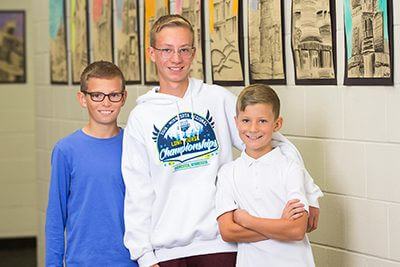 A Message From MPA’s Board Of Trustees
A Message From MPA’s Board Of Trustees 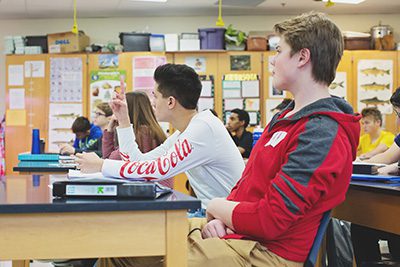 We are seeking volunteers to speak with our Upper School students to share information about their jobs, and the stories of their career preparation and paths. MPA 10th graders recently completed Myers-Briggs assessments to tie in with their current general career interests. Next we hope to give them the chance to hear from people in fields that might hold interest for them. While all students in the Upper School are invited to participate, 10th graders will be attending as a required part of their advisory program.
We are seeking volunteers to speak with our Upper School students to share information about their jobs, and the stories of their career preparation and paths. MPA 10th graders recently completed Myers-Briggs assessments to tie in with their current general career interests. Next we hope to give them the chance to hear from people in fields that might hold interest for them. While all students in the Upper School are invited to participate, 10th graders will be attending as a required part of their advisory program.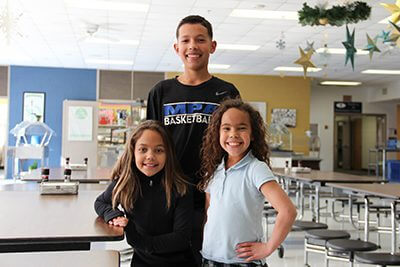 by Jennifer Rogers-Petitt, Director of Development and Community Engagement
by Jennifer Rogers-Petitt, Director of Development and Community Engagement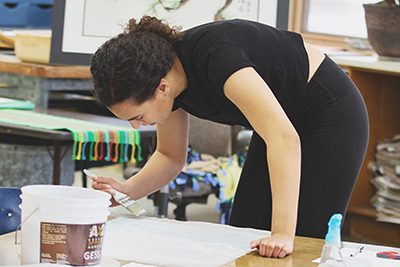 by Mark Segal, Upper School Director
by Mark Segal, Upper School Director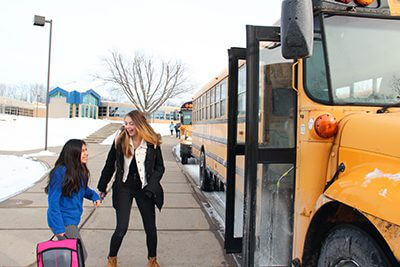 Don’t miss out on signing up for MPA busing during the re-enrollment process in TADS! Please note that the re-enrollment deadline is quickly approaching this Friday, March 8.
Don’t miss out on signing up for MPA busing during the re-enrollment process in TADS! Please note that the re-enrollment deadline is quickly approaching this Friday, March 8.